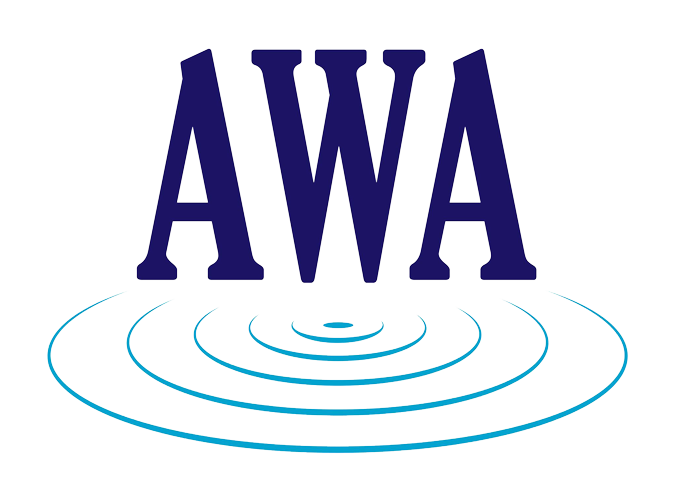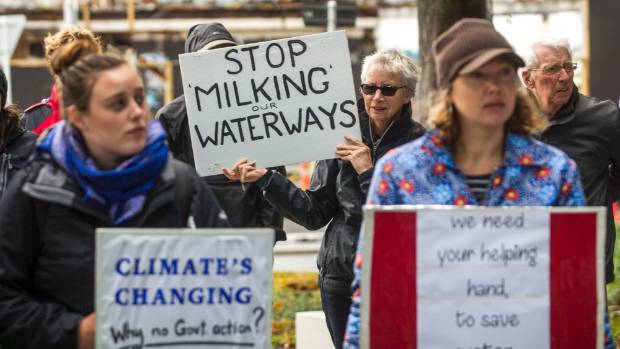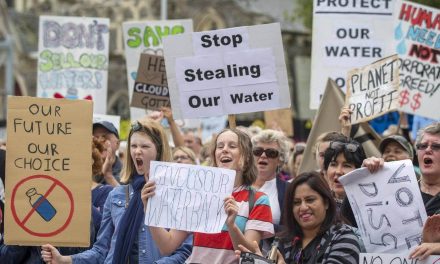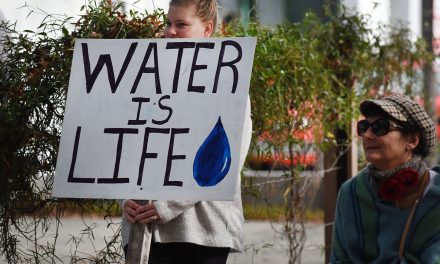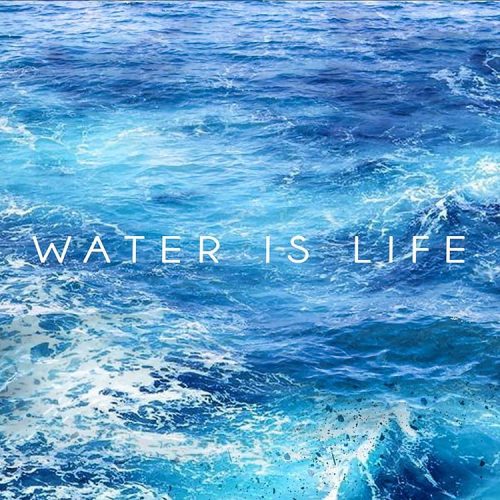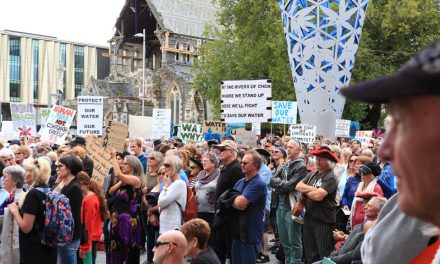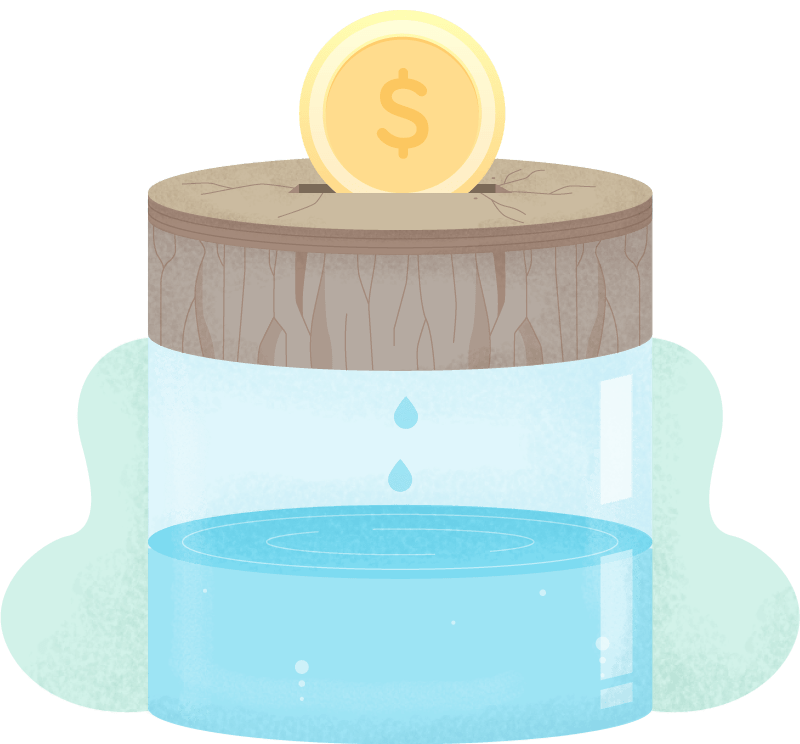In reviewing an old NewstalkZB radio item (24 May 2017), I was reminded how some things change…and some things stay the same. Here are some thoughts that struck me:
- Turning water into private profit while destroying our environment and violating People’s human right to access clean water is an outrage, regardless if the perpetrator company’s country of origin is foreign or domestic.
- Water is increasingly over allocated, with a massive percentage used for dairying and other industrial irrigation. Coupled with increasing pollution of what water is left as accessible to ordinary people, it’s a human health catastrophe waiting to happen. Health watchdogs and institutions should be all over this like white on rice. Disturbing on many levels that they’re not, despite campaigners’ pleas that they do.
- Government decision-making is undemocratically influenced by Life-destroying capitalist private profit making agendas which exploit our natural resources to extinction. Taking management of said resources out of the Government’s hands and putting it into a public ‘trust’ is very appealing. However, there’s different ways to do that. One is simply for the People to take control back via the institutions currently in existence – i.e. mobilize more citizens to consciously, in a fully informed way (not ignorantly or casually) exercise their vote in every central and local body election, as well as keep their elected officials accountable in between elections. Another way is to create a separate fully transparent, democratic, resourced institution/ Trust that will operate effectively and sustainably, and then force a government ‘handover’. The latter begs the obvious question, “How will the Government be forced to do so?”. In either case, citizens need to mobilize and force must be applied. This has been society’s greatest challenge standing in the way of all transformative, so-called ‘radical’ and revolutionary action. The real question is how can we mobilize the people?
- It’s true that the previous National Government gutted the Resource Management Act 1991to the point the RMA is now an utterly failed ‘protection’ mechanism. Not only are Councils hamstrung by the RMA because they (apparently) have no grounds to refuse a consent unless there’s “significant environmental effects”, the business applicants’ lobbying pressure on Councils is for some reason very effective – businesses expect to get their resource consent before Council has even made its determination. Why else would applicants so arrogantly and confidently break resource management law while their application was pending (in the case of Te Hiku/ the Far North, certain applicants seeking a resource consent to draw huge volumes of aquifer water for their avocado farms were caught taking more water than was legally permitted. The Northland Regional Council’s response? Issue the perpetrators a temporary permit, which arguably is tantamount to making the crime lawful). Affected citizens’ anger over councils’ granting of these water permits and consents indicates a secondary emerging crisis – i.e. an unprecedented growing mistrust in our government institutions (whether local or central). A sign of a democracy in decline.
How to mobilize a sustained critical mass where others have failed to do so?
Environmental and social justice NGOs, community campaigners and individuals are doing so much great work to protect Te Mana o Te Wai (the integrity of our water). Obviously, that must continue. But the truth is, all that good work is being undermined by massive strides made by environmentally and socially destructive corporate and political agendas.
While business and industry have all the financial means to apply for these resource consents and defend and ruthlessly progress their profit-making agendas, only a relative small number of dedicated affected citizens have the free time and financial ability to engage voluntarily in the decision-making process, oppose the consents and defend community environmental and social values. Most citizens don’t engage because (among other things) (a) they feel the system is rigged against their interests and the decision is already a fait accompli, so why bother, and/ or (b) they’re under enough chronic socio-economic stress that they lack the free attention and energy to mobilize with others and contribute to a citizens’ defense campaign. The result: a net negative effect – an alarming degeneration of our natural habitat and life support systems, and progressive societal decline.
The imperative is clear: we’re all responsible for protecting water against private profit. So how can we compel people to act? What’s the disrupter? What’s the missing ingredient?
Many speculate our population is suffering a consciousness crisis. Are all people fully aware of their human rights? And do people appreciate that they have not just the power but the civic duty to stand for those rights when our Government and industry are failing to protect the same – and worse, actively enabling the violation of our rights? People need to understand that when your Government and Industry are acting like criminals, then that Government and those industries forfeit (whether by degrees, or entirely) any social license to operate which they may previously have enjoyed.So while it’s true citizens have to get actively engaged with their elected officials and such, there are systemic socio-economic barriers which keep people on the spectrum of slavery and impede people’s freedom to get involved. Until those systemic barriers are resolved, we can expect the current levels of so-called ‘apathy’ and political disengagement to continue, or worsen.
The remedy? Empower the people: provide them with the socio-economic supports to live to a dignified basic standard as of right; ensure strong civics education in schools that normalizes organized action when necessary to hold elected officials to account; and firmly establish the nation’s environmental, human rights, civic and other democratic values and institutions as superior to corporate privileges (through, for example, constitutional reform and transformation).
